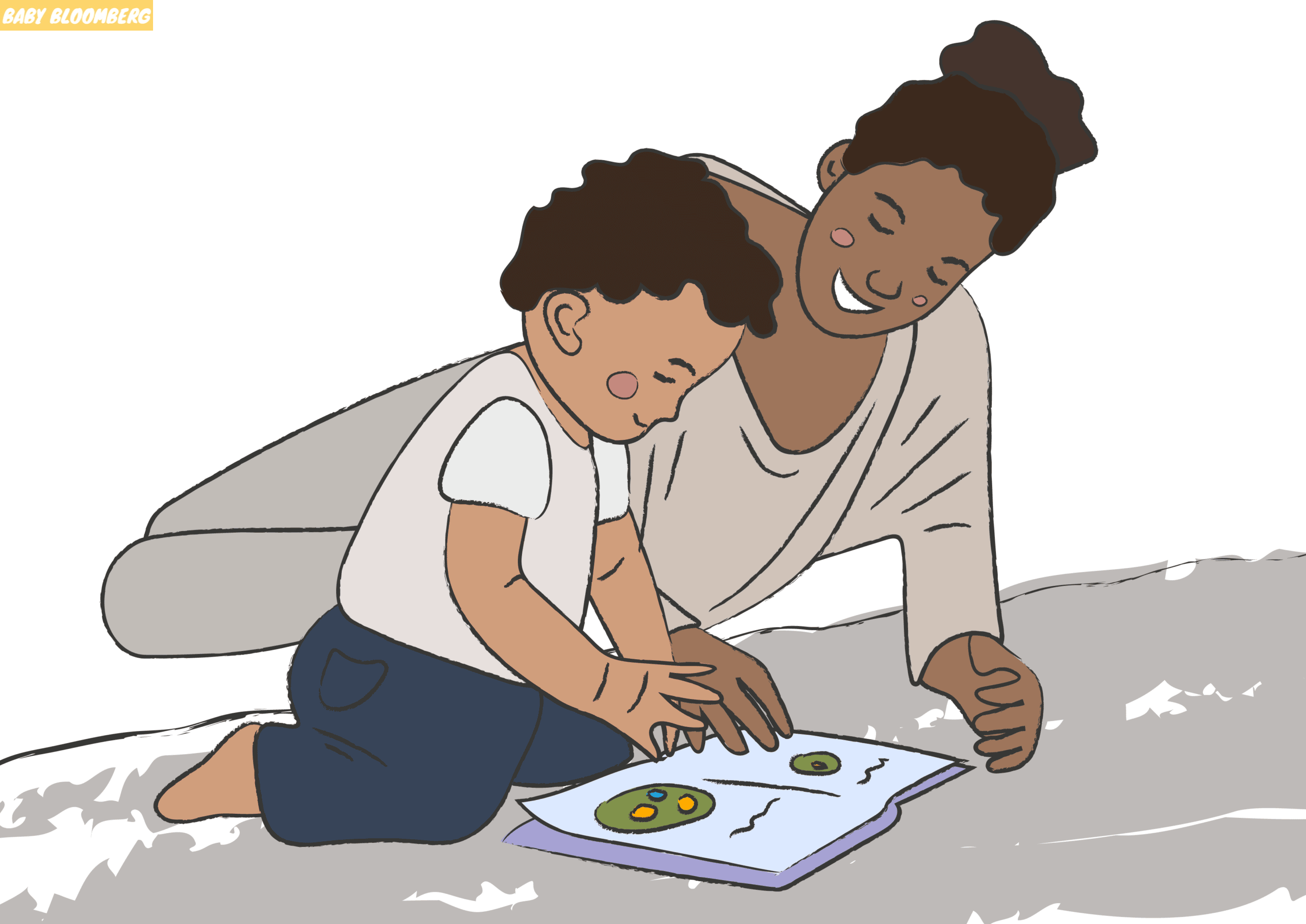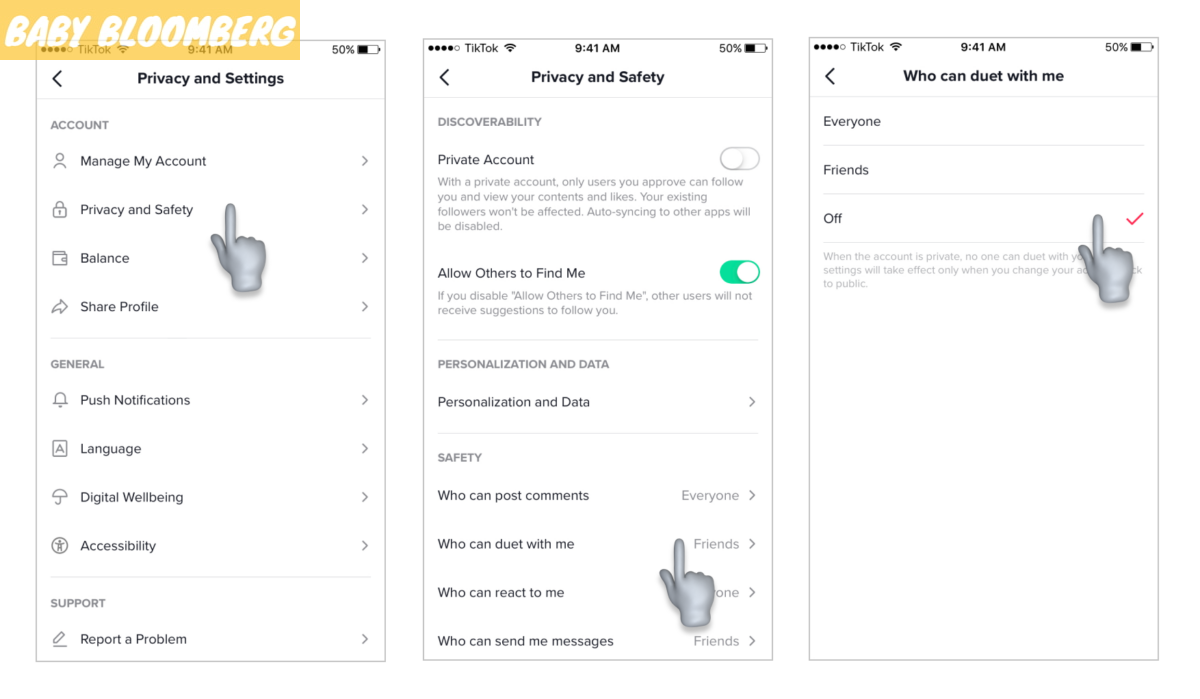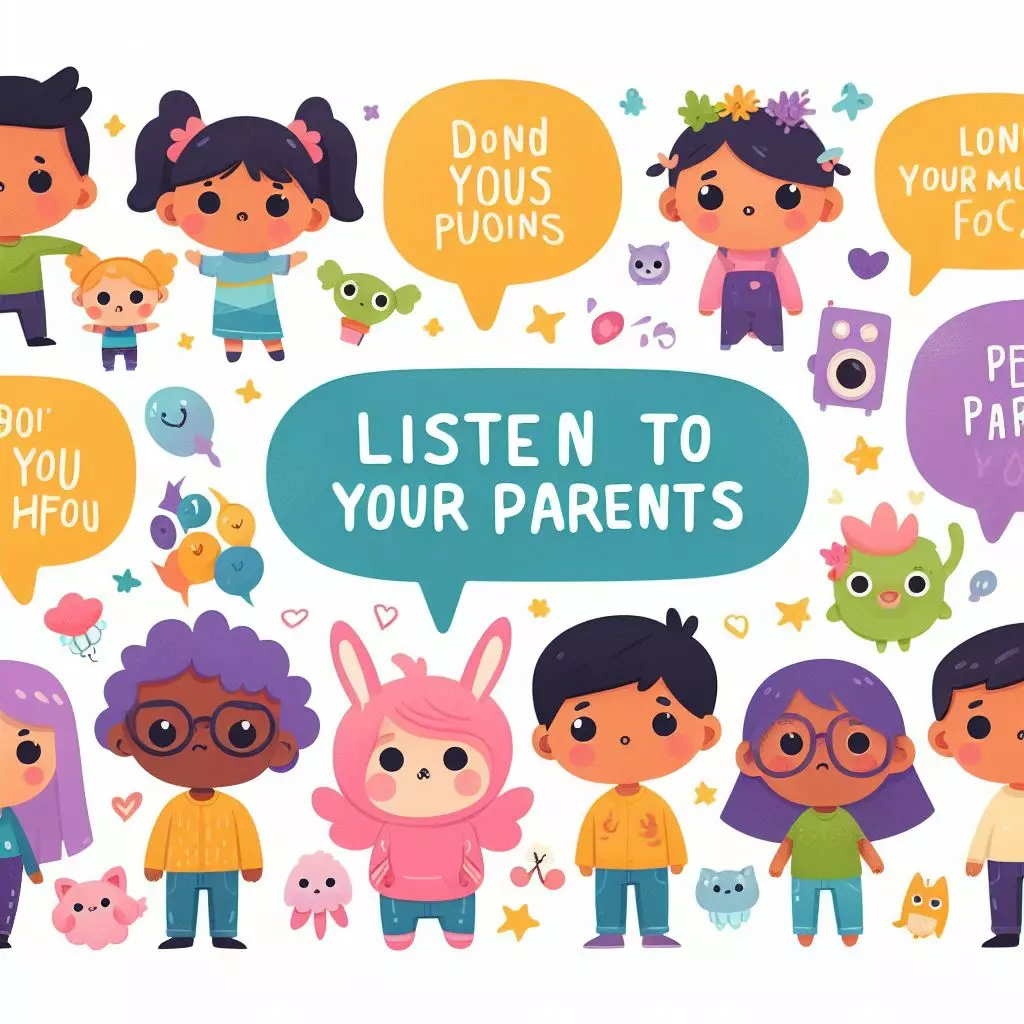Parenting is a rewarding yet challenging journey that requires dedication, patience, and the right skills. As a parent, your words, actions, and presence have a profound impact on your child’s development and well-being. By cultivating effective parenting skills, you can build a strong parent-child relationship, foster positive behaviors, boost your child’s self-esteem, and navigate the ups and downs of parenthood with confidence.
In this article, we will explore ten essential tips for good parenting skills that will help you create a nurturing and supportive environment for your child to thrive. From boosting their self-esteem to effective communication, we will cover a range of aspects that contribute to positive parenting. Let’s dive in!
Boost Your Child’s Self-Esteem
One of the fundamental building blocks of good parenting is boosting your child’s self-esteem. Children who have a healthy sense of self-worth are more likely to develop resilience, take on challenges, and pursue their passions confidently. Here are some tips to enhance your child’s self-esteem:
- Offer Genuine Praise: Recognize and acknowledge your child’s accomplishments, big or small. Celebrate their efforts and emphasize their strengths. This boosts their confidence and motivates them to continue striving for success.
- Encourage Independence: Allow your child to make decisions and complete tasks independently. This helps them develop a sense of competence and self-confidence. Offer guidance when needed, but also give them the space to explore and learn from their experiences.
- Avoid Belittling Comments: Be mindful of your words and avoid making belittling comments or comparisons that can damage their self-esteem. Instead, focus on constructive feedback and encourage self-improvement.
Remember, building self-esteem is an ongoing process that requires consistent support and encouragement from parents.
Catch Kids Being Good
Frequent criticism can sap a child’s motivation and self-confidence. Instead of focusing on their mistakes or misbehavior, make an effort to catch your child being good. By acknowledging their positive behavior, you reinforce and encourage them to continue making good choices. Here’s how you can catch your child being good:
- Offer Specific Praise: When you notice your child exhibiting positive behavior, be specific in your praise. For example, instead of saying, “Good job,” say, “I appreciate how you shared your toys with your friend. That was very kind of you.”
- Use Positive Reinforcement: Reward your child’s positive behavior with verbal praise, a high-five, or a small treat. This positive reinforcement motivates them to repeat the behavior in the future.
- Create a Culture of Positivity: Encourage other family members to also acknowledge and appreciate your child’s good behavior. This creates a supportive environment that reinforces positive habits.
By catching your child being good, you promote self-esteem, good behavior, and a stronger bond between you and your child.
Set Limits and Be Consistent With Your Discipline
Establishing clear boundaries and being consistent with discipline is crucial for your child’s development. When children understand the expectations and consequences of their actions, they are more likely to make responsible choices. Here’s how you can set limits and maintain consistency:
- Establish House Rules: Create a set of simple and age-appropriate rules that reflect your family’s values. Clearly communicate these rules to your child and explain why they are important.
- Discuss Consequences: Along with the rules, discuss the consequences of breaking them. This helps your child understand the impact of their actions and makes them more accountable.
- Follow Through: Consistently enforce the consequences when rules are broken. This shows your child that the rules apply to everyone and helps them understand that there are consequences for their behavior.
When setting limits and enforcing discipline, it’s important to strike a balance between being firm and understanding. Consistent discipline builds trust and allows your child to develop self-control.
Make Time for Your Kids
Spending quality time with your children is essential for building a strong parent-child relationship. It not only creates cherished memories but also fosters a sense of belonging and emotional security. Here’s how you can make time for your kids:
- Family Meals: Make an effort to have regular family meals together. This provides an opportunity for open communication, bonding, and sharing experiences.
- Engage in Activities: Plan activities that you can enjoy together, such as playing board games, going for walks, or engaging in hobbies. These shared experiences create lasting memories and strengthen your relationship.
- Active Listening: Pay attention to your child’s thoughts, feelings, and concerns. Actively listen without judgment and show genuine interest in what they have to say. This makes them feel valued and understood.
By making time for your kids, you create a safe and supportive environment where they can thrive and grow.
Be a Good Role Model
Children learn by observing and imitating their parents. As a parent, it’s important to be a positive role model and exhibit the behaviors you want to see in your child. Here’s how you can lead by example:
- Positive Behavior: Demonstrate kindness, respect, and empathy towards others. Show your child how to be considerate and compassionate in their interactions.
- Healthy Habits: Adopt healthy habits, such as regular exercise, balanced eating, and practicing self-care. Your child is more likely to follow suit when they see you prioritizing your well-being.
- Morals and Values: Teach your child the difference between right and wrong through your actions and discussions. Help them understand the importance of honesty, integrity, and empathy.
By being a good role model, you provide your child with a positive blueprint for behavior and set them up for success.
Show Unconditional Love
Expressing unconditional love and support is vital for a child’s emotional well-being. When children feel loved and accepted for who they are, they develop a strong sense of security and self-worth. Here’s how you can show unconditional love:
- Physical Affection: Hug your child, hold their hand, and express your love through physical gestures. Physical affection promotes feelings of warmth, security, and love.
- Quality Time: Dedicate uninterrupted time to your child, where you can engage in activities they enjoy or simply talk and connect. This focused attention makes them feel valued and loved.
- Active Listening: When your child shares their problems or concerns, listen attentively without judgment. Provide emotional support and reassurance, showing them that you’re always there for them.
Avoid using love as a bargaining tool or making it conditional on certain behaviors. Unconditional love builds trust, fosters emotional well-being, and strengthens the parent-child bond.
Practice Kind and Firm Positive Parenting
Positive parenting focuses on creating a nurturing environment while setting appropriate boundaries. It combines kindness, understanding, and firmness to guide your child towards responsible behavior. Here’s how you can practice kind and firm positive parenting:
- Positive Attention: Offer genuine praise, encouragement, and appreciation to your child. Focus on their strengths and efforts rather than solely pointing out mistakes.
- Problem-Solving Together: Involve your child in finding solutions to problems or conflicts. This empowers them to think critically, develop problem-solving skills, and take responsibility for their actions.
- Setting Limits: Establish clear rules and consequences, but communicate them with kindness and empathy. Help your child understand the reasons behind the rules, fostering their understanding and cooperation.
Teaching your child the morals of right and wrong, rather than just instructing them on what they can or cannot do, cultivates a sense of responsibility and self-discipline.
Communicate Effectively
Effective communication is the cornerstone of a healthy parent-child relationship. When you communicate openly and honestly with your child, you create a safe space for them to share their thoughts, emotions, and concerns. Here’s how you can communicate effectively:
- Active Listening: Listen attentively to what your child says, without interrupting or dismissing their feelings. Reflect their thoughts and emotions back to them to show understanding and empathy.
- Encourage Expression: Create an environment where your child feels comfortable expressing themselves openly. Encourage them to share their thoughts, even if they differ from your own.
- Validate Emotions: Acknowledge and validate your child’s emotions, even if you may not fully understand or agree with them. This helps them develop emotional intelligence and trust in their own emotions.
Effective communication builds trust, enhances problem-solving skills, and strengthens the parent-child connection.
Take Care of Yourself
Parenting can be demanding, both physically and emotionally. To be the best parent you can be, it’s essential to prioritize self-care. Taking care of yourself allows you to recharge, manage stress, and show up with patience and positivity. Here’s how you can prioritize self-care:
- Time for Yourself: Set aside dedicated time for activities that bring you joy, whether it’s reading a book, practicing a hobby, or simply taking a walk alone. Recharge and rejuvenate in whatever way suits you best.
- Seek Support: Don’t hesitate to ask for help or support when you need it. Reach out to friends, family, or professionals who can provide guidance, advice, or simply a listening ear.
- Physical and Mental Health: Prioritize your physical and mental well-being. Engage in regular exercise, eat a balanced diet, and practice techniques like meditation or mindfulness to manage stress.
Taking care of yourself allows you to be a happier, calmer, and more present parent for your child.
Seek Continuous Learning
Parenting is a lifelong journey, and there’s always room for growth and improvement. As your child grows and develops, it’s important to stay informed and adapt your parenting strategies accordingly. Here’s how you can seek continuous learning:
- Read Books: Explore a wide range of parenting books that offer insights, strategies, and advice. Look for well-respected authors and evidence-based research to inform your parenting approach.
- Attend Workshops: Participate in parenting workshops or seminars that provide practical skills and knowledge. These events often offer valuable opportunities to connect with other parents and share experiences.
- Seek Advice from Trusted Sources: Talk to trusted friends, family members, or professionals who have expertise in child development. Their insights and advice can provide additional perspectives and guidance.
By staying informed and open to learning, you can enhance your parenting skills and create a nurturing environment for your child’s growth.
Parenting is a remarkable opportunity to shape the lives of our children positively. By developing good parenting skills, you are equipping yourself with the tools to foster a strong, loving, and respectful relationship with your child. From boosting their self-esteem to practicing effective communication, remember that small actions and consistent efforts make a significant impact.
Take the time to reflect on these tips for good parenting skills, implement them in your daily life, and watch your parent-child relationship flourish. Remember, no one is perfect, and parenting is a journey of learning and growth. Embrace the challenges, celebrate the successes, and cherish the precious moments with your child.










